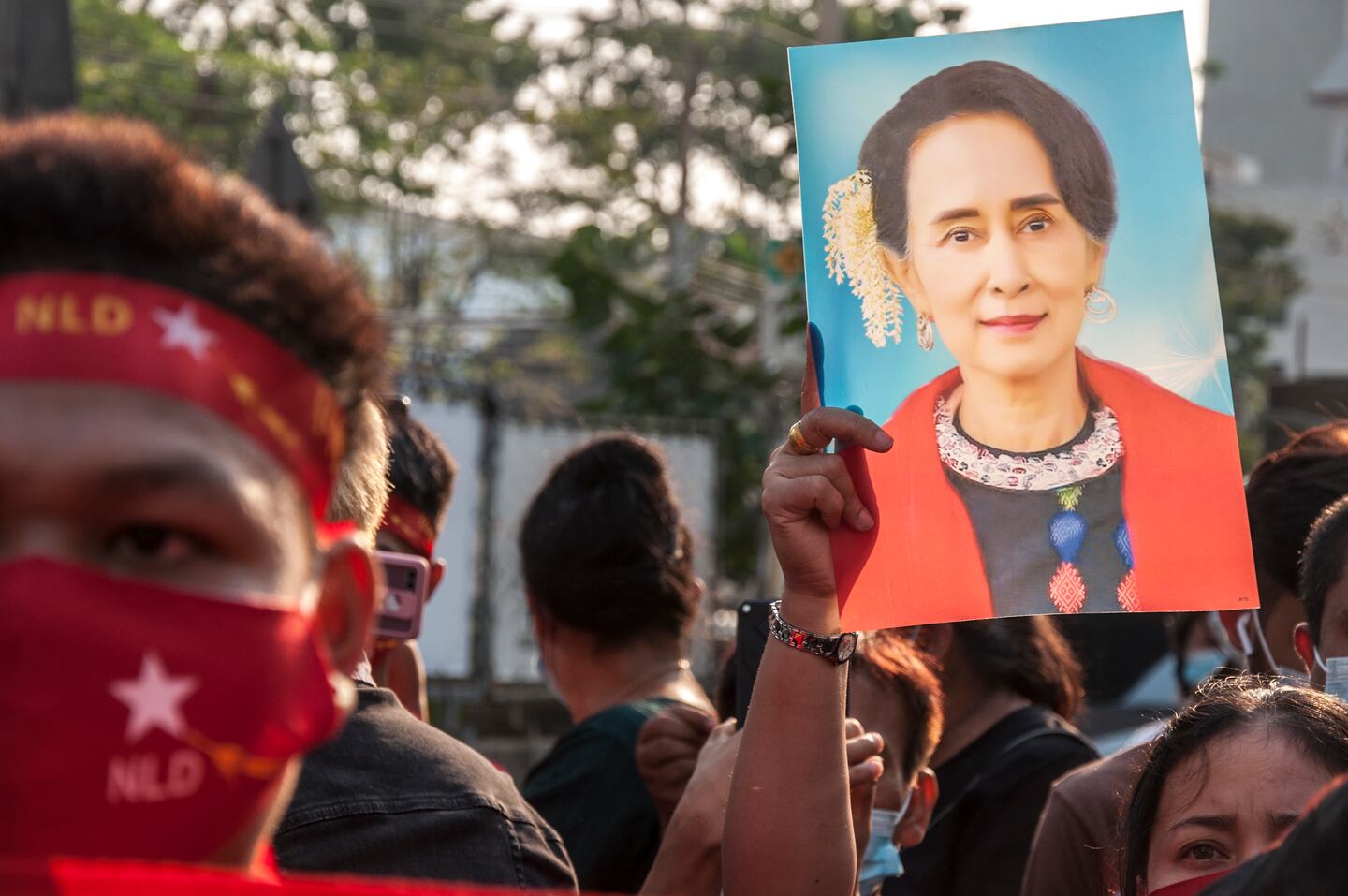
The Business of Fashion
Agenda-setting intelligence, analysis and advice for the global fashion community.

Agenda-setting intelligence, analysis and advice for the global fashion community.

The coup in Myanmar is expected to dampen the already tepid interest of US and Western companies in investing in Myanmar, and may prompt some big US companies to pull out, trade experts and analysts said on Monday.
Total trade in goods between Myanmar and the United States amounted to nearly $1.3 billion in the first 11 months of 2020, up from $1.2 billion in all of 2019, according to US Census Bureau data.
Apparel and footwear accounted for 41.4% of total U.S. goods imports, followed by luggage, which accounted for nearly 30%, and fish, which accounted for just over 4%, said Panjiva, the supply chain research unit of S&P Global Market Intelligence.
Luggage maker Samsonite and privately owned apparel maker LL Bean are among big importers, along with retailer H&M and Adidas, Panjiva said.
ADVERTISEMENT
US direct investment data is unavailable, the US Trade Representative’s office said.
Myanmar’s army on Monday handed power to military chief General Min Aung Hlaing and imposed a year-long state of emergency, saying it had responded to what it called election fraud.
The move sparked condemnation from Western leaders and a threat of renewed sanctions by the US government, and raised questions about the outlook for a million Rohingya refugees.
Lucas Myers, analyst with the Woodrow Wilson International Center for Scholars, said the coup would exacerbate strains in US-Myanmar ties following sanctions imposed by Washington in December 2019 and would further complicate trade relations.
“On trade, the Rohingya situation and Myanmar’s troubled human rights record rendered investment less attractive for Western firms as compared with China,” Myers said.
William Reinsch, trade expert with the Center for Strategic and International Studies think tank, said US companies could opt to pull out of Myanmar, given new developments and the Biden administration’s vow to focus more on human rights.
While some US companies had moved work from China to Myanmar in recent years to take advantage of lower wages, the country’s infrastructure was still lacking, which had kept investment from booming, he added.
Most of the US work was in relatively low capital-intensive industries and could be relocated fairly easily, Reinsch said. “It’s not semiconductors. These factories are relatively easy to set up,” he said.
ADVERTISEMENT
Stephen Lamar, president of the American Apparel & Footwear Association, said many of the trade group’s members did business in Myanmar and found the coup deeply concerning.
“We urge the full and immediate restoration of democratic rights and institutions,” he said. “Our hearts and prayers are with the Myanmar people for a swift, peaceful, and democratic resolution to this crisis – one that does not take away the economic progress made by the hardworking people of Myanmar.”
A spokesperson for H&M said the company was monitoring events and was in close contact with suppliers, but had no immediate plans to change its sourcing strategy. “We are closely following the developments, but refrain from speculating about what this will mean for us going forward,” the official said.
By Andrea Shalal. Additional reporting by Simon Lewis and Anna Ringstrom. Edited by Heather Timmons and Rosalba O’Brien.
Though e-commerce reshaped retailing in the US and Europe even before the pandemic, a confluence of economic, financial and logistical circumstance kept the South American nation insulated from the trend until later.
This week’s round-up of global markets fashion business news also features Korean shopping app Ably, Kenya’s second-hand clothing trade and the EU’s bid to curb forced labour in Chinese cotton.
From Viviano Sue to Soshi Otsuki, a new generation of Tokyo-based designers are preparing to make their international breakthrough.
This week’s round-up of global markets fashion business news also features Latin American mall giants, Nigerian craft entrepreneurs and the mixed picture of China’s luxury market.